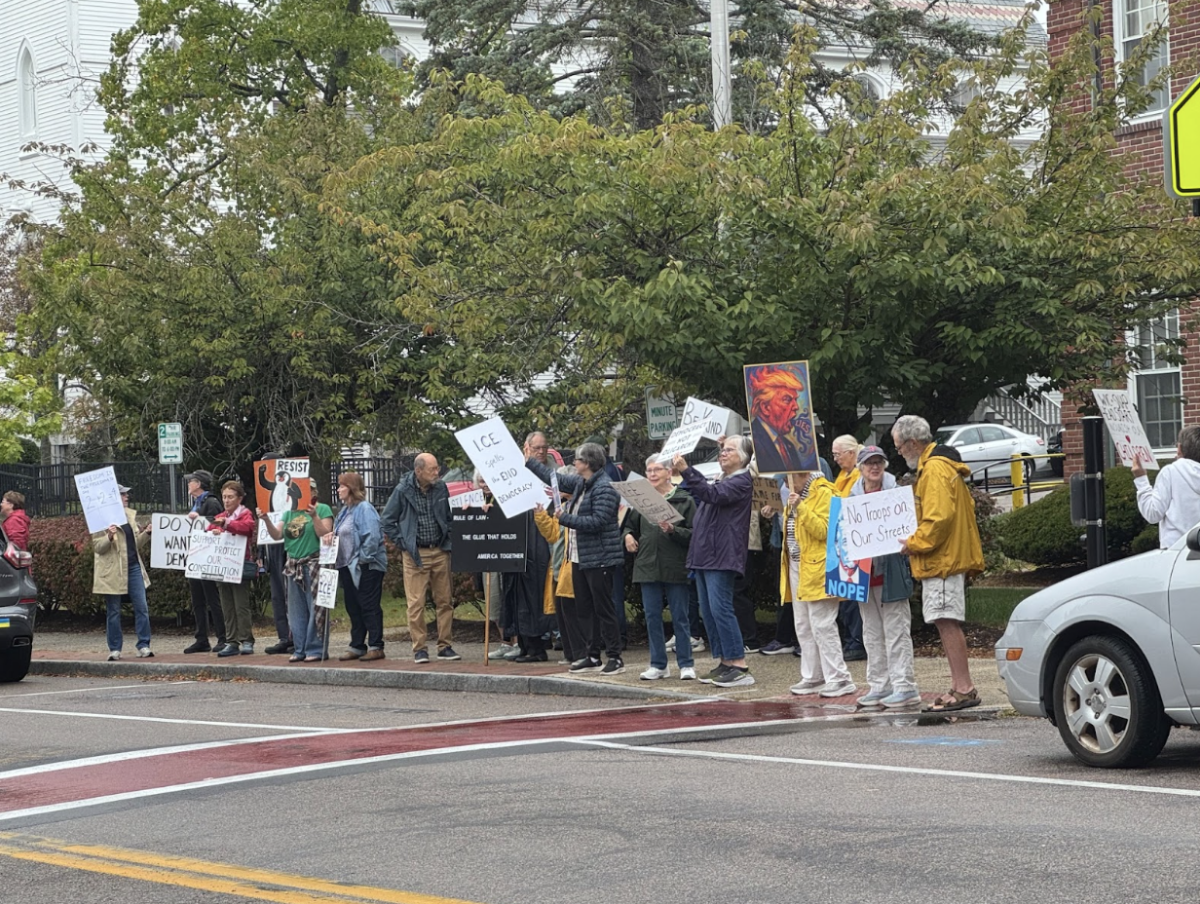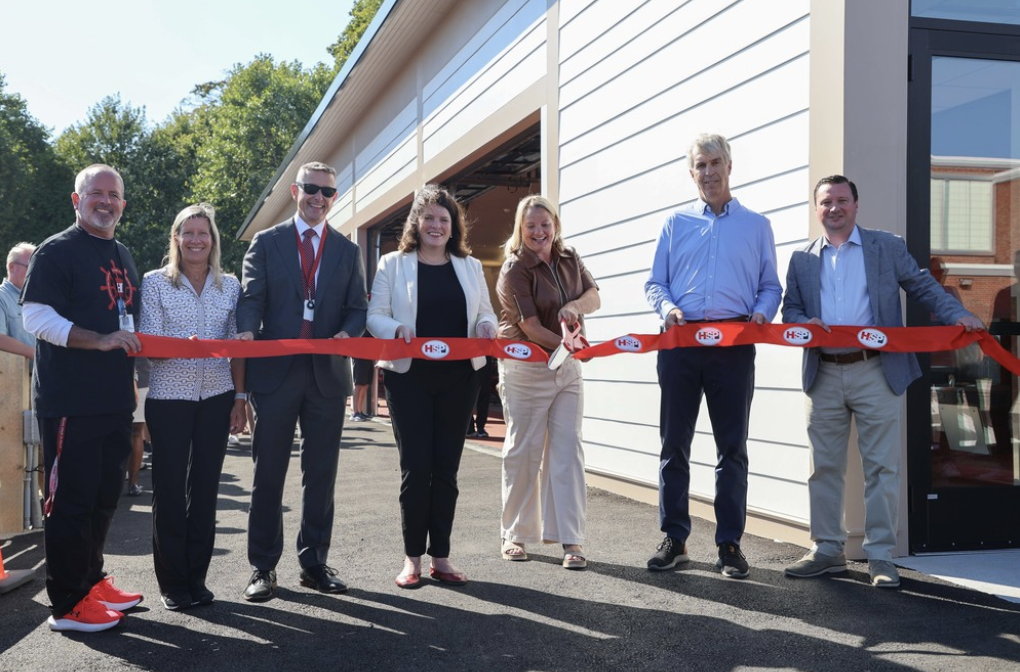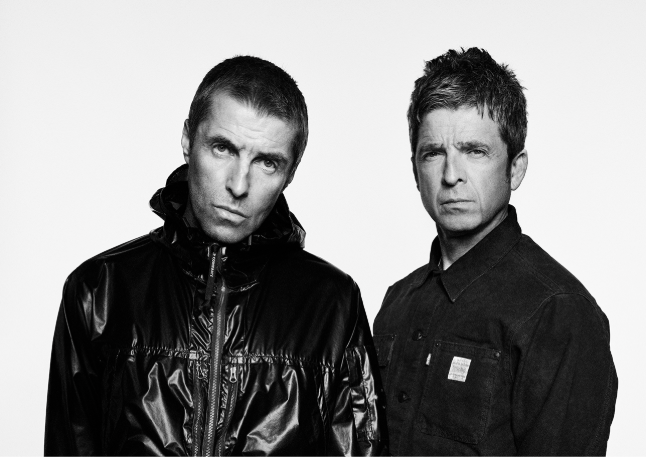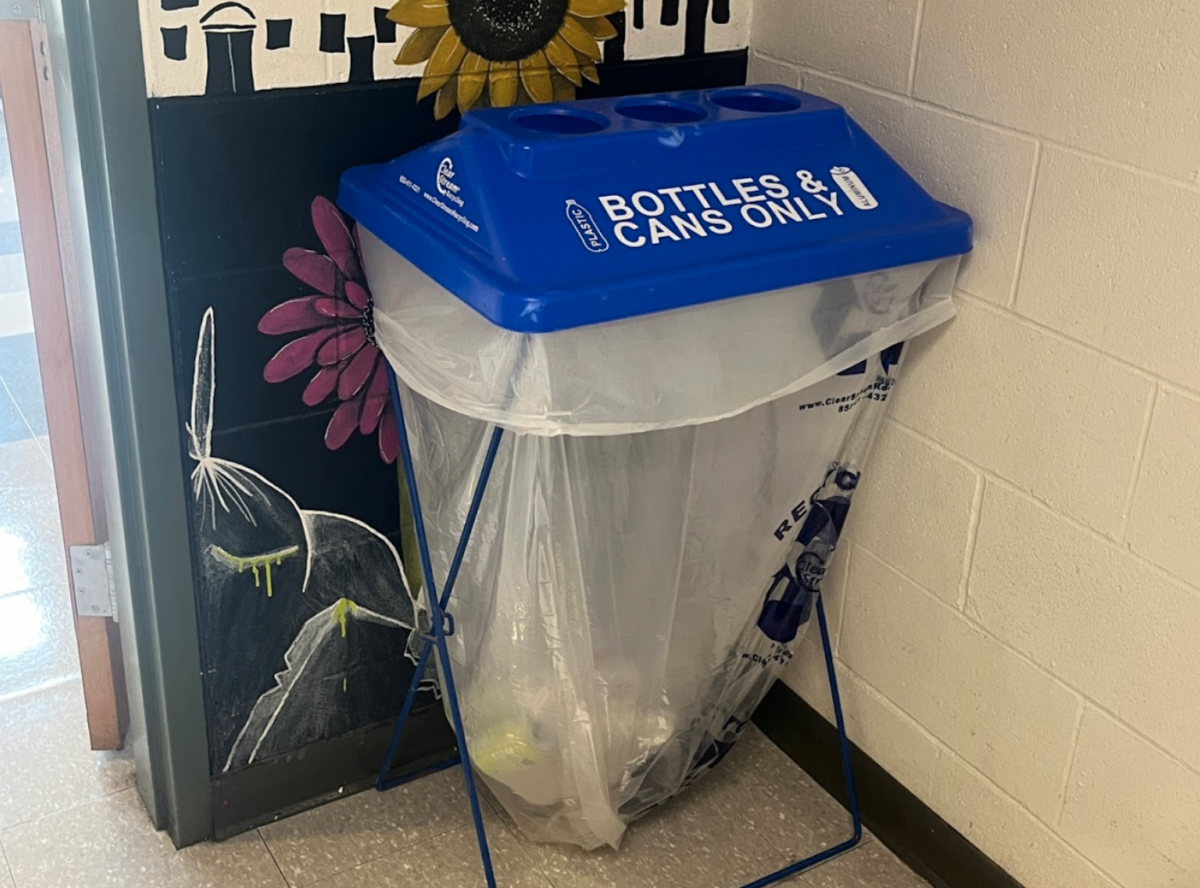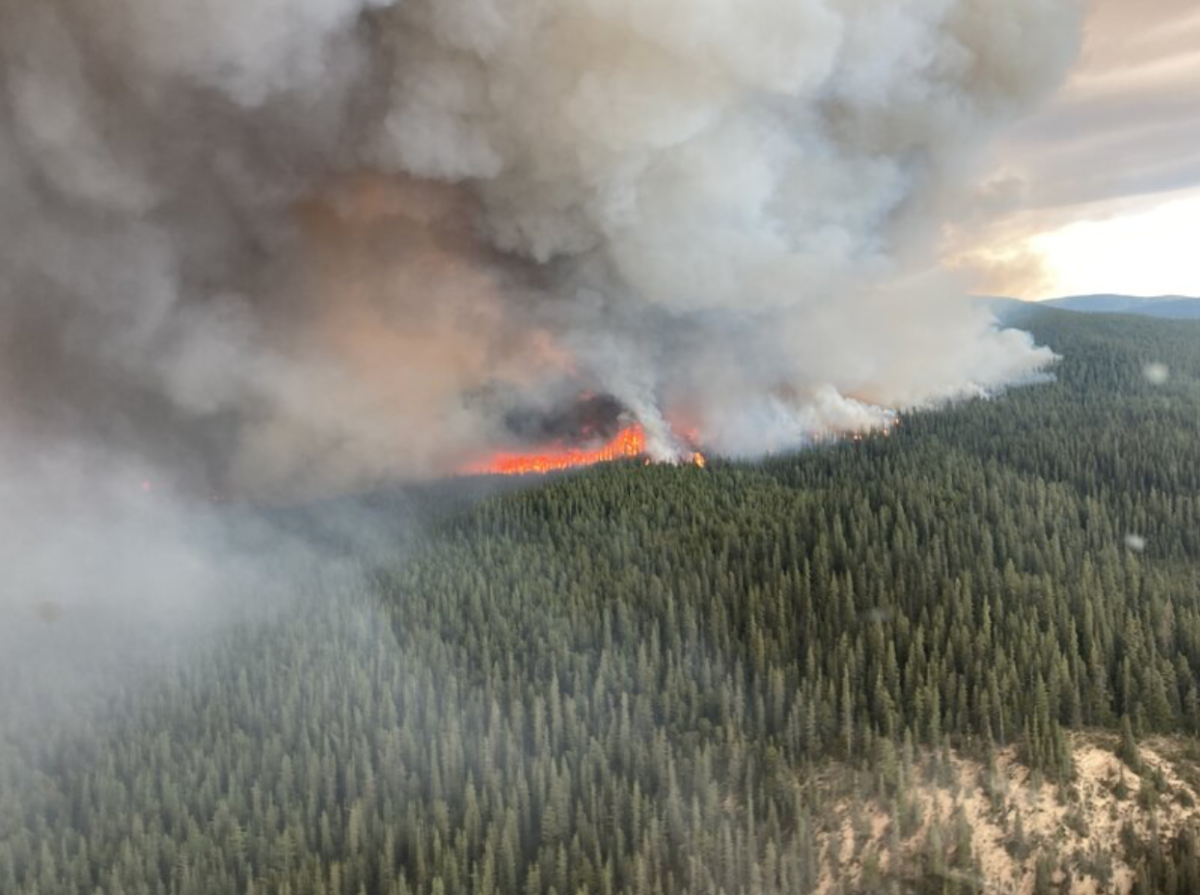In recent months, a series of alarming climate-related events across the globe have sparked attention and conversation around the world about the escalating climate crisis. This past summer has been one of the hottest in recorded history with temperatures more than one and a half degree celsius above the preindustrial era. According to the World Meteorology Organization, July 2025 was officially the hottest month ever recorded. Temperatures reached unprecedented heights far above normal across Asia, Europe and North America.
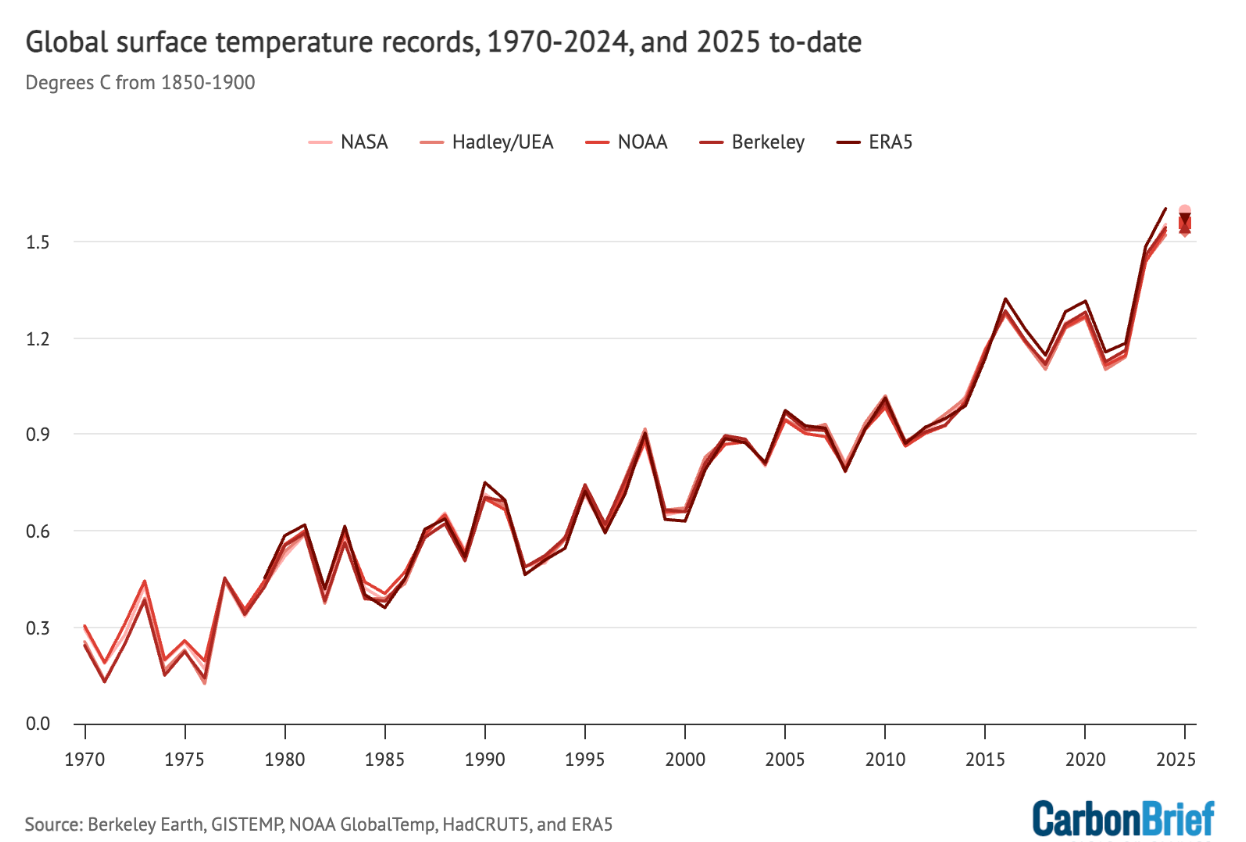
In the United States, cities in hot and dry climates reached temperatures of dangerous levels contributing to widespread heat-related emergencies. Phoenix, Las Vegas, and Ausitin had to close some businesses and schools in response to these emergencies. A raise in temperatures across the globe has increased extreme flood rates, because as the atmosphere gets warmer, its ability to hold more moisture increases. Pakistan, China, and parts of the Southeastern United States have experienced massive floods as a result of heavier than normal monsoon rains. Extreme heat also directly relates to the increase in wildfires that have caused damage to communities and wildlife. Effects of these fires have been felt miles away from the original site. In July, the smoke from Canadian wildfires resulted in air quality alerts across the border in Chicago and New York. The climate crisis is affecting everyone, even when least expected.
Scientists agree that the force driving these extreme weather patterns is climate change. Specifically caused by human activity, the consequences of climate change accelerate with the burning of fossil fuels such as coal, oil, and gas. This process releases carbon dioxide along with other greenhouse gases into the atmosphere, trapping heat and depleting the ozone layer.
It is easy to feel overwhelmed among the heightened worldwide climate concern. However, it is important to remember the climate policy in which activists and students across the globe participate: climate strikes, participating in sustainability initiatives and encouraging the government and corporations to take a stronger stand against the harms of climate change. Freshman Bella Hoffman shared her concern with the climate change crisis while also describing her individual efforts as “too small to make a meaningful difference, especially on a global scale”. Her mindset is very common, but it is important to note, while the scale of the global climate crisis can seem unmanageable and staggering it is still possible to make a difference in your own community. Senior Madi Trezza, currently enrolled in an environmental science course explained, “I think it is important to be educated on environmental science in order to have more awareness on climate issues”. Any impact holds weight and local actions still matter. Students make a difference by reducing waste and energy use, raising awareness about environmental issues, and calling on leaders to make meaningful change. The future of our planet depends not only on policy makers and global leaders, but also on the choices we make in our everyday lives.




